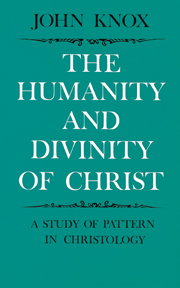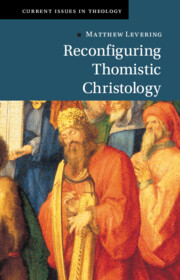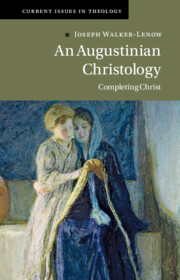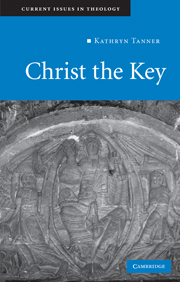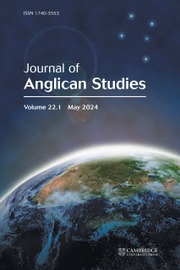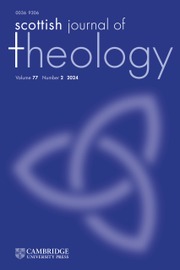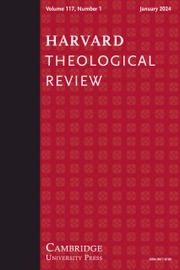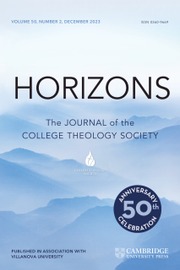The Humanity of Christ as Instrument of Salvation
Scripture teaches that God saves humanity through God's own actions and sufferings in Christ, thereby raising a key theological question: how can God use his own human actions and sufferings to bring about those things that he causes through divine power? To answer that question, J. David Moser here explores St. Thomas Aquinas's teaching that Christ's humanity is an instrument of the divinity. Offering an informed account of how Christian salvation happens through the Incarnation of Christ, he also poses a new set of questions about the Incarnation that Aquinas himself did not consider. In response to these questions, and in conversation with a wide range of theologians, including John Duns Scotus and Matthias Joseph Scheeben, Moser argues that the instrument doctrine, an under-explored and under-appreciated idea, deepens our understanding of salvation that comes through the incarnation of Jesus Christ. He also defends the instrument doctrine as a dogmatic theological topic worthy of consideration today.
- Gives a thorough account of the claim that Christ's humanity is the instrument of the divinity in Thomas Aquinas and in some of the Greek fathers before him
- Poses major objections to the claim that Christ's humanity is an instrument of the divinity and resolves them
- Shows why the doctrine is important in connection to other doctrines in Christian theology
Reviews & endorsements
'How can events in the human life of Christ effect our redemption, something only a divine action can produce? In this carefully argued and insightful book, David Moser takes up this question with the aid of Thomas Aquinas, defending Aquinas' understanding and clarifying fundamental issues in our understanding of the incarnation of God in Christ.' Michael Root, The Catholic University of America
'This book is now the go-to historical and theological study of the doctrine that Christ's humanity is the 'instrument' of his divinity. Not only is its textual analysis pellucid and its sourcing impeccable, but also it is a work of richly constructive Thomistic theology, engaging with such theologians as Cyril of Alexandria, John Damascene, John Duns Scotus, and Matthias Joseph Scheeben en route to a deeply satisfying resolution whose fruits bear upon the doctrines of the Church and the sacraments. Every theologian and biblical scholar who seeks to contemplate Jesus Christ will need this book! Matthew Levering, James N. Jr. and Mary D. Perry Chair of Theology, Mundelein Seminary
'How God saves the world by the human actions and sufferings of one first century individual is as basic a question as Christian thought has to face. Face it David Moser does, in dialogue with some of the Christian thinkers of the past who have addressed it most deeply, yet very much in his own rigorous, sophisticated, and thoughtful present-day voice.' Bruce D. Marshall, Southern Methodist University
Product details
October 2025Hardback
9781009664899
300 pages
229 × 152 mm
Not yet published - available from October 2025
Table of Contents
- Introduction
- Part I. Foundations and Statements of the Doctrine:
- 1. Scripture and conciliar teaching
- 2. St. John damascene, St. maximus the confessor and the earlier Greek fathers on the instrument doctrine
- 3. St. Thomas aquinas on the instrument doctrine
- Part II. Difficulties and Resolutions:
- 4. Dubia, Part 1: the human nature of Christ as instrument and secondary cause
- 5. Dubia, Part 2: instrumental causality in Christology
- 6. Towards a more precise thomistic account of the instrument doctrine
- Part III. Theological Implications:
- 7. Theological benefits of the instrument doctrine: the hypostatic union, the mystical body of Christ, and the Eucharist
- Conclusion
- Bibliography.


